19.02.2025
CPNN+ Neurofeedback Workshop
19th & 20th June 2025. University of Glasgow.
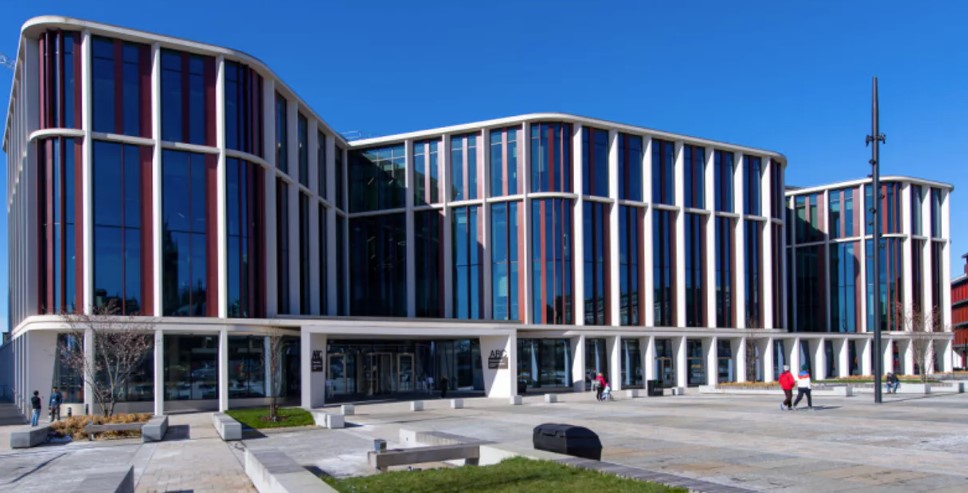

2 day interactive hybrid workshop
Thursday 19th & Friday 20th June 2025
Advanced Research Centre – University of Glasgow https://www.gla.ac.uk/research/arc/
Registration for this event closed on 30th April 2025. If you would still like to join online for the morning talks only, please contact abigail.stuart@ndcn.ox.ac.uk.
Workshop Aims
- An interdisciplinary workshop that aims to explore the theoretical and practical aspects of neurofeedback with a focus on its application on pain treatment.
- There will be morning talks across a range of translational topics that will cover neurofeedback in invasive and non invasive experimental human models, methodological considerations and clinical studies. Ethical aspect of using neurotechnology and its placebo effect will also be discussed.
- Afternoon interactive workshops will focus on how to design and implement EEG based neurofeedback and introduction to real time fMRI with a demonstration of its experimental setup.
Details
Open to all, and aimed at early career researchers, our ‘Neurofeedback’ workshop will include up to 6 talks from various guest speakers each morning, a workshop each afternoon, poster presentations over lunchtime and dinner (free of charge) on the first evening.
Overnight accommodation will also be included, should you require this.
This event is hybrid, and open to delegates wishing to join online for the guest speaker talks only.
There will also be dedicated space at our venue to allow for networking and/or to continue with any work/meeting commitments.
If you are planning to present a poster, our posterboards are A1 portrait size. Posters will be in different rooms both days: Studio 2 on the 19th June and 237B on the 20th June.
If you do not wish to be photographed at this event, please let us know via your registration form. Please also complete the University of Glasgow’s media consent form, which has been emailed out (on 11.06.25) and return to our Research Network Coordinator as soon as possible.
Please see the ARC access map below to help with finding our venue.
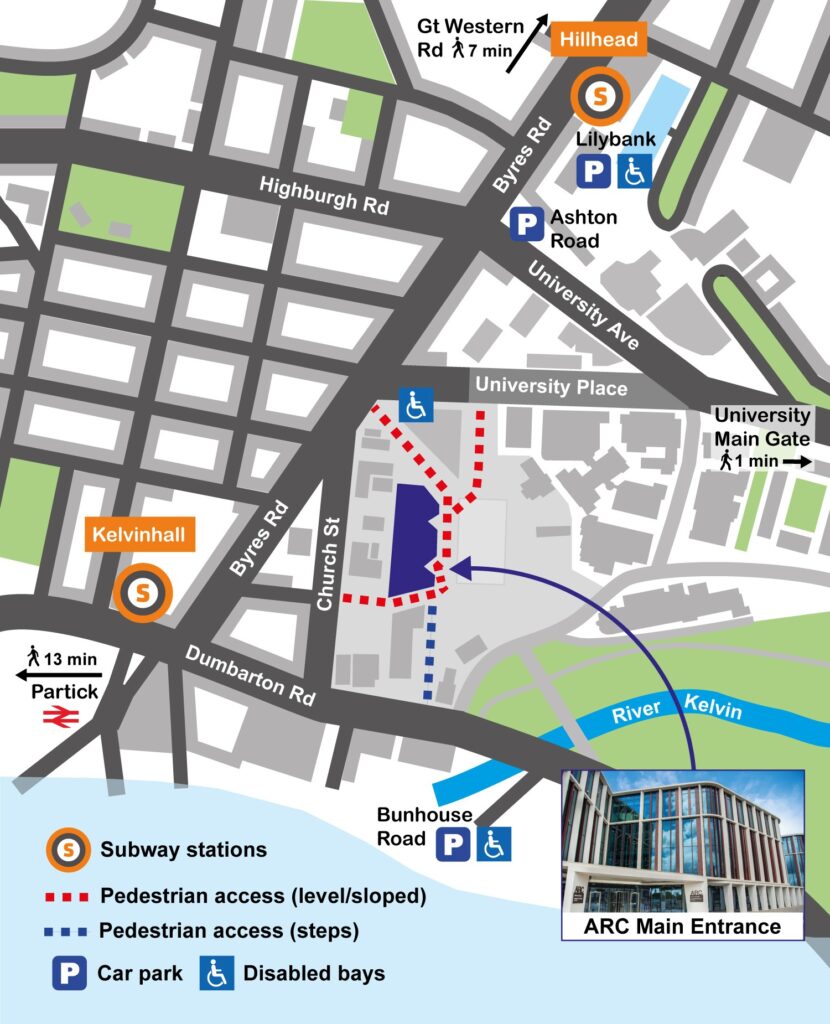
Accommodation
Accommodation will be arranged by CPNN+, and all costs will be covered by the network.
Please note that our guest speakers will not be staying at the same accommodation as our delegates.
If you are a delegate, who has requested to stay, you will be staying at the University’s Kelvinhaugh Residences. There is an on-site car park at the Kelvinhaugh Residences and no reservation is required to park.
Please collect your accommodation keys from the site reception on your check in date at:
Cairncross House
20 Kelvinhaugh Place
Glasgow
G3 8NH
Check-in at Kelvinhaugh is available from 2pm, and check-out is by 10am.
There is a Common Room in Cairncross House where guests can wait if required. Kelvinhaugh Gate residence is approximately 5 minutes’ walk down Kelvinhaugh Street from the key collection point. Once guests have a key they hold onto it for the duration of their stay returning it to Cairncross House by 10am on departure day. The site is staffed 24 hours a day. The only time Reception will not be manned is when Security is doing his patrol. In this case, delegates should call 0141 221 9334 and Security will arrange to meet them at Cairncross Reception. There is also a poster up at the Reception main door with out of hours phone numbers, which delegates can phone if required.
If you have any questions or require any assistance during your stay, please speak to a member of the site team (based in Cairncross House) at any time. Guests are encouraged to report any repairs or faults as soon as possible so that issues can be rectified in a timely manner.
If you are a guest speaker in the morning or at one of our practical workshops, who has requested overnight accommodation, our network coordinator will also be in touch to confirm your accommodation details. You will be staying at the Glasgow Grosvenor Hotel, G12 0TA
Agenda
Thursday 19th June 2025
- 8.30am – Breakfast (held in the Advanced Research Centre)
- 9.30am – Markus Ploner – ‘EEG-based neurofeedback for modulating pain – Evidence from a Registered Report’
- 10.00am – Rachel Crockett – ‘Putting the Patient in the Driving Seat: Neurofeedback for Central Post-Stroke Pain Patients with Deep Brain Stimulation’
- 10.30am – Andrew Jackson – ‘Closed-loop neuromodulation: from optogenetics to music’
- 11.00am – Coffee break
- 11.30am – Damien Coyle – ‘NeuroCONCISE and wearable Neurotechnologies’
- 12.00pm – Ioana Susnoschi Luca – ‘Scaling Neurofeedback for Greater Clinical Impact – a trip to Singapore’
- 12.30pm – Lars Williams – ‘How might neurotechnology fit into the messy reality of a secondary care chronic pain service? A clinician’s perspective’
- 1.00pm – Lunch
- 2.00pm – Afternoon workshop – hands on EEG neurofeedback & equipment demonstration, including demonstrations from NeuroCONCISE & GTEC. G.TEC will provide a workshop on ‘Neurofeedback (BCI) as a therapy for Neurological disorders’. During the workshop, they will show the acquisition of EEG and other biosignals with wearable devices. The principle of Brain-Computer Interfaces will be demonstrated using the same devices. A case application example will be the recoveriX system used for the neurorehabilitation of chronic stroke patients, multiple scleroses, and other neurological diseases based on neurofeedback and functional electrical stimulation.
- 3.30pm – Coffee Break during workshop (30 mins)
- 5.00pm – Afternoon workshop ends
- 7.00pm – Drinks Reception located at One A The Square, Gilbert Scott Building, University of Glasgow
- 7.30pm – Dinner located at One A The Square, Gilbert Scott Building, University of Glasgow
Friday 20th June 2025
- 8.30am – Breakfast (held in the Advanced Research Centre)
- 9.30am – Sylvia Gustin – ‘EEG-Based Neuromodulation for Neuropathic Pain After Spinal Cord Injury: Targeting the Brain for Better Outcomes’ (online presentation)
- 10.00am – Ben Seymour – ‘Identifying targets for modulation’
- 10.30am – Sarah Chan – ‘Encounters with ethics in neurotechnology: ‘I’m not sure if it counts as ethics, but…’
- 11.00am – Coffee break
- 11.30am – Pain Concern, Heather Wallace ‘The patient view of using technology for treatment of pain’
- 12.00pm – Ulrike Bingel – ‘Mechanisms and implications of placebo and nocebo effects’ (online presentation)
- 12.30pm – Innovate UK KTN, Matthew Wasley ‘Neurotechnology, LifeTech and Innovate UK Business Connect’
- 1.00pm – Lunch
- 2.00pm – Afternoon workshop including demonstrations from BrainTrainUK & demonstrations on real-time fMRI neurofeedback, led by Michael Lührs (Brain Innovation B.V.) and Frank Pollick (School of Psychology and Neuroscience, University of Glasgow). BrainTrain UK – ‘An Introduction to Contemporary Clinical Neurofeedback’.
- 3.30pm – Coffee break during workshop (30 mins)
- 5.00pm – Afternoon workshop ends
Please note that all posters will be displayed in the break areas over both days.
Guest Speaker Bio’s
(in order of presenting)
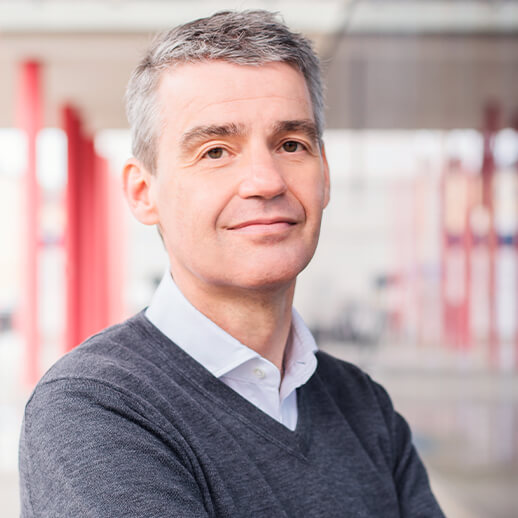 Markus Ploner is a Professor of Human Pain Research and Head of the Interdisciplinary Center for Pain Medicine at the Technical University of Munich. A neurologist and pain researcher, he investigates the brain mechanisms of pain, focusing on brain oscillations, connectivity, and neuromodulation, including neurofeedback. His interdisciplinary work bridges experimental and clinical research through rigorous, evidence-based approaches, including registered reports. His ultimate goal is to develop biomarkers and novel treatment strategies to improve pain management.
Markus Ploner is a Professor of Human Pain Research and Head of the Interdisciplinary Center for Pain Medicine at the Technical University of Munich. A neurologist and pain researcher, he investigates the brain mechanisms of pain, focusing on brain oscillations, connectivity, and neuromodulation, including neurofeedback. His interdisciplinary work bridges experimental and clinical research through rigorous, evidence-based approaches, including registered reports. His ultimate goal is to develop biomarkers and novel treatment strategies to improve pain management.
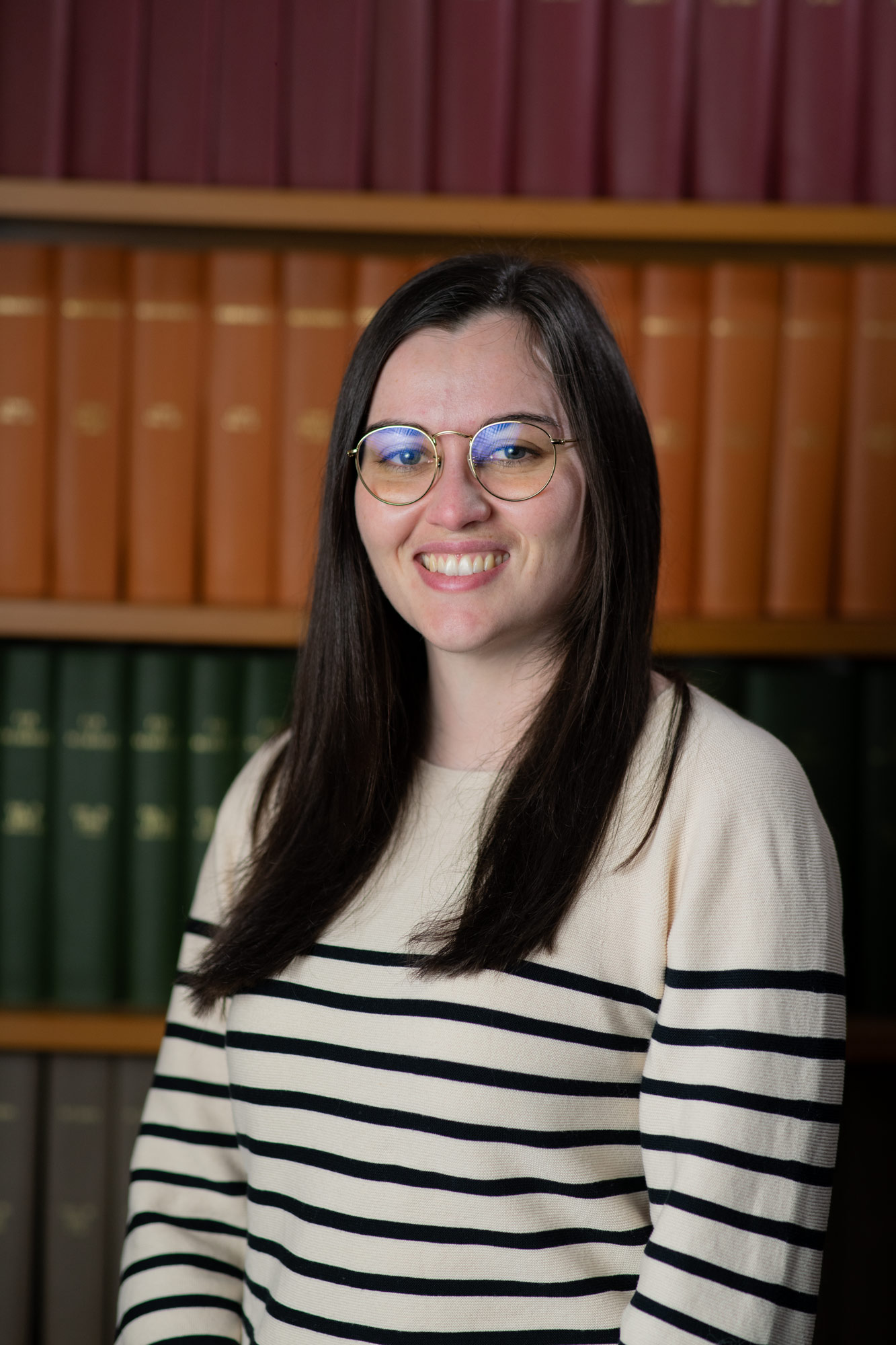 Rachel Crockett received her PhD in Rehabilitation Sciences from the University of British Columbia. She then joined Prof. Helen Brontë-Stewart at Stanford University, where she used diverse neuroimaging methodologies to evaluate novel targets for deep brain stimulation in people with Parkinson’s Disease. Since October 2023, Rachel has been working under the supervision of Profs Tim Denison and Ben Seymour at the University of Oxford. Her current work investigates the use of neuromodulation and neurofeedback techniques to treat chronic pain.
Rachel Crockett received her PhD in Rehabilitation Sciences from the University of British Columbia. She then joined Prof. Helen Brontë-Stewart at Stanford University, where she used diverse neuroimaging methodologies to evaluate novel targets for deep brain stimulation in people with Parkinson’s Disease. Since October 2023, Rachel has been working under the supervision of Profs Tim Denison and Ben Seymour at the University of Oxford. Her current work investigates the use of neuromodulation and neurofeedback techniques to treat chronic pain.
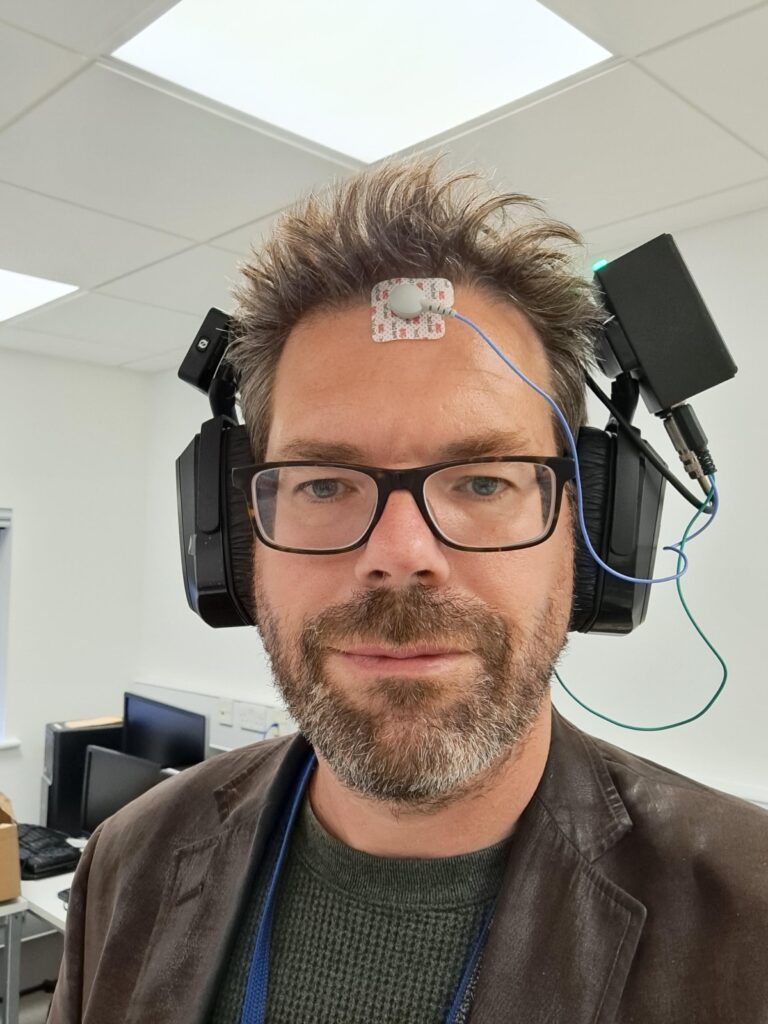
Andrew Jackson is Professor of Neural Interfaces and Co-Director of the Centre for Translational Neuroscience at Newcastle University. His research interests focus on bidirectional, closed-loop neural interfaces for the restoration and augmentation of brain circuitry. He has co-founded two early-stage neurotechnology companies, MintNeuro Ltd and Neudio Inc, and helps lead the EPSRC/MRC-funded Closed-loop Neural Interfaces Technologies (CloseNIT) Network.

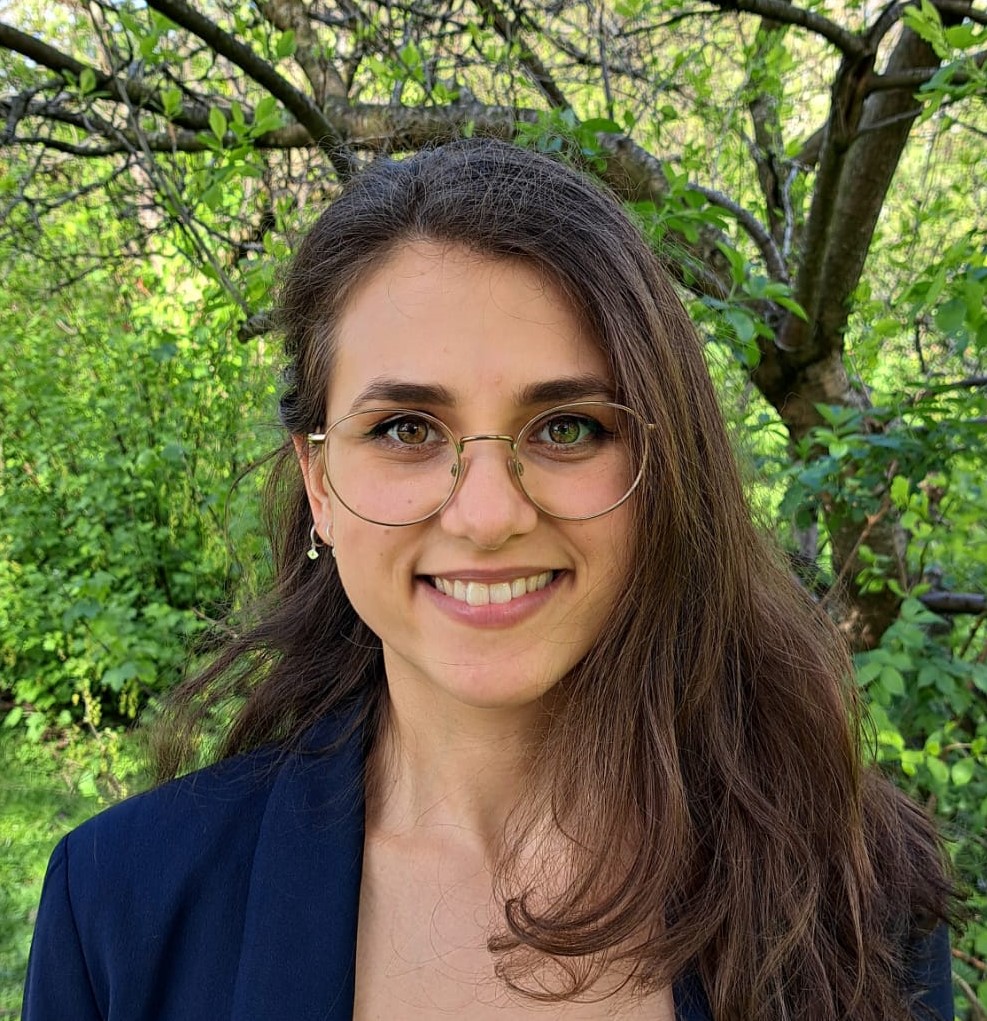 Ioana Susnoschi Luca is a postdoctoral researcher at the Centre for Rehabilitation Engineering, University of Glasgow, where she works on a clinical trial investigating neurofeedback for pain reduction in individuals with fibromyalgia and rheumatoid arthritis. Ioana is passionate about advancing neurorehabilitation strategies by facilitating knowledge transfer of neurotechnologies, bridging the gap between innovation and clinical practice to improve patient outcomes.
Ioana Susnoschi Luca is a postdoctoral researcher at the Centre for Rehabilitation Engineering, University of Glasgow, where she works on a clinical trial investigating neurofeedback for pain reduction in individuals with fibromyalgia and rheumatoid arthritis. Ioana is passionate about advancing neurorehabilitation strategies by facilitating knowledge transfer of neurotechnologies, bridging the gap between innovation and clinical practice to improve patient outcomes.
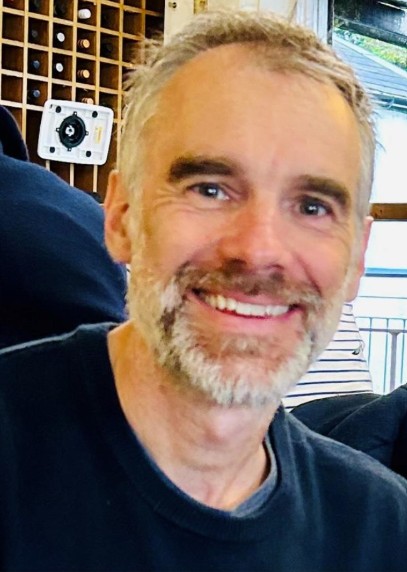 Dr Lars Williams has worked for NHS Greater Glasgow & Clyde as a Consultant in Anaesthesia and Pain Medicine for 20 years, full time in pain medicine for the last 10 years. His clinical work includes providing medical input to the Scottish National Pain Management Programme (PMP), outpatient clinics and theatre work, mostly RF denervation procedures for spinal pain. He has developed a secondary care mindfulness program for chronic pain, as well as multi-disciplinary assessment clinics for patients with complex psychosocial needs. He chairs the Glasgow Managed Care Network (MCN) Primary Care interface group and is the National Lead for the Scottish Pain Medics Network. He is currently working with the Scottish Health Technologies Group (SHTG), developing recommendations on specialist interventions for managing chronic non-malignant pain in adults. He has published on mindfulness in chronic pain, and the effects of social deprivation on participation in PMPs. He is an Honorary Clinical Senior Lecturer at Glasgow University School of Medicine.
Dr Lars Williams has worked for NHS Greater Glasgow & Clyde as a Consultant in Anaesthesia and Pain Medicine for 20 years, full time in pain medicine for the last 10 years. His clinical work includes providing medical input to the Scottish National Pain Management Programme (PMP), outpatient clinics and theatre work, mostly RF denervation procedures for spinal pain. He has developed a secondary care mindfulness program for chronic pain, as well as multi-disciplinary assessment clinics for patients with complex psychosocial needs. He chairs the Glasgow Managed Care Network (MCN) Primary Care interface group and is the National Lead for the Scottish Pain Medics Network. He is currently working with the Scottish Health Technologies Group (SHTG), developing recommendations on specialist interventions for managing chronic non-malignant pain in adults. He has published on mindfulness in chronic pain, and the effects of social deprivation on participation in PMPs. He is an Honorary Clinical Senior Lecturer at Glasgow University School of Medicine.
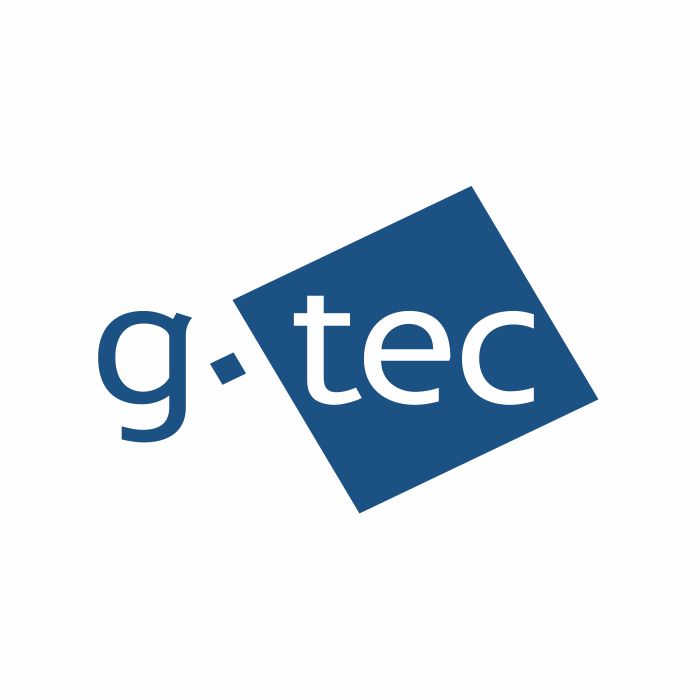
G.tec medical engineering was founded in 1999 by Dr. Christoph Guger and Dr. Günter Edlinger in Austria. The company specializes in developing high-performance brain-computer interfaces and neurotechnologies for both invasive and non-invasive recordings in research and clinical settings. G.tec’s product portfolio includes biosignal amplifiers, EEG electrodes and caps, and stimulation devices used for brain monitoring and rehabilitation. G.tec is renowned for its commitment to innovation and quality in the medical engineering field, making significant contributions to advancements in neurotechnology.
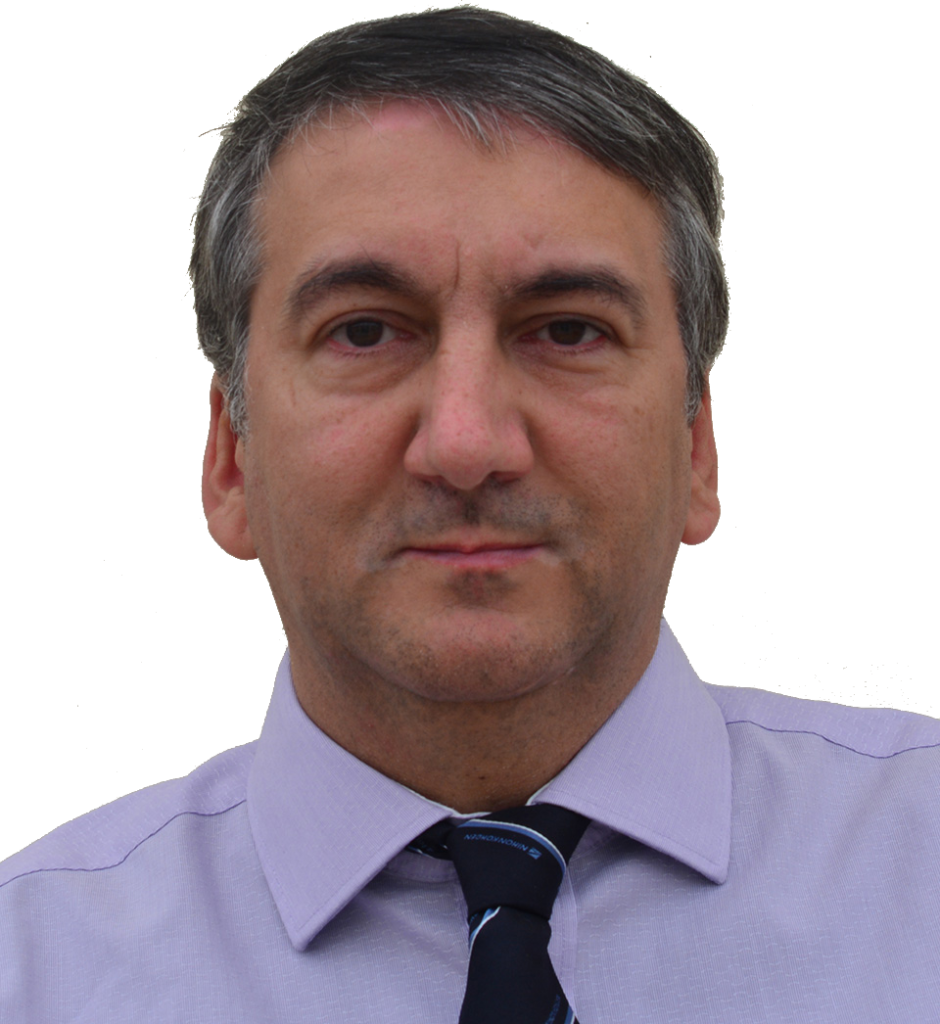
Slobodan joined g.tec medical engineering in 2018. He is a brain-computer interface (BCI) and neuroscience enthusiast who continuously participates in the g.tec’s education plan. He is currently developing a solution for multimodal recordings in ecological studies.
 Prof. Sylvia Gustin is the Director of the Centre for Pain IMPACT at Neuroscience Research Australia (NeuRA), where she leads an interdisciplinary team of 82 researchers and clinicians dedicated to advancing chronic pain management. She is also the Director of the NeuroRecovery Research Hub at the University of New South Wales, a Rebecca L. Cooper Research Fellow, and a Senior Principal Research Scientist at NeuRA. In addition, Prof. Gustin chairs the ENIGMA Chronic Pain Working Group, contributing her expertise to large-scale neuroimaging initiatives worldwide.
Prof. Sylvia Gustin is the Director of the Centre for Pain IMPACT at Neuroscience Research Australia (NeuRA), where she leads an interdisciplinary team of 82 researchers and clinicians dedicated to advancing chronic pain management. She is also the Director of the NeuroRecovery Research Hub at the University of New South Wales, a Rebecca L. Cooper Research Fellow, and a Senior Principal Research Scientist at NeuRA. In addition, Prof. Gustin chairs the ENIGMA Chronic Pain Working Group, contributing her expertise to large-scale neuroimaging initiatives worldwide.
Sylvia completed her Ph.D. at the University of Tübingen, Germany, in 2006 and relocated to Australia in 2007. Since then, she has been using multimodal brain imaging techniques and psychological assessment to investigate the neural and psychological mechanisms of chronic pain, with a special focus on neuropathic pain following spinal cord injury. Her program of research forms a translational pipeline where her basic science research informs the development of novel brain technology and digital interventions that are translated to improve the lives of people with chronic pain.
Sylvia’s research is supported by the Australian National Health and Medical Research Council (NHMRC), the Medical Research Future Fund (MRFF), Rebecca L. Cooper Medical Research Foundation, International Association for the Study of Pain (IASP), Wings for Life, US Department of Defence (DoD), NSW Defence Innovation Network and NSW Health.
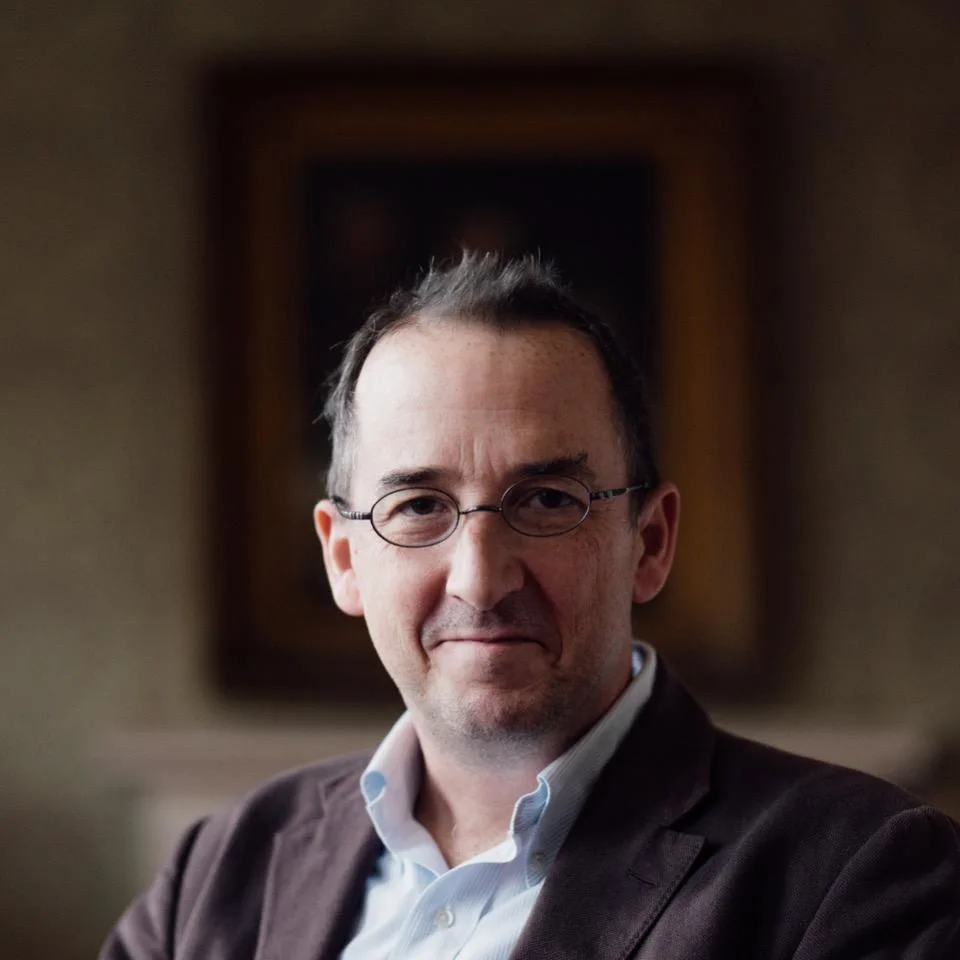 Prof. Ben Seymour is a Wellcome Senior Clinical Fellow working jointly at the Wellcome Centre for Integrative Neuroimaging and the Oxford Institute for Biomedical Engineering. He is also a Fellow at the Alan Turing Institute and an honorary consultant neurologist at the John Radcliffe Hospital. Ben’s lab addresses the computational and systems neuroscience of pain: building realistic models of neuronal information processes to understand pain perception and behaviour, and testing these theories using a range of experimental methodologies. The ultimate goal is to develop new technology-based therapies for treating pain in clinical populations
Prof. Ben Seymour is a Wellcome Senior Clinical Fellow working jointly at the Wellcome Centre for Integrative Neuroimaging and the Oxford Institute for Biomedical Engineering. He is also a Fellow at the Alan Turing Institute and an honorary consultant neurologist at the John Radcliffe Hospital. Ben’s lab addresses the computational and systems neuroscience of pain: building realistic models of neuronal information processes to understand pain perception and behaviour, and testing these theories using a range of experimental methodologies. The ultimate goal is to develop new technology-based therapies for treating pain in clinical populations
 Dr Sarah Chan is a Reader in Bioethics at the Usher Institute, University of Edinburgh and an Associate Director of the Centre for Biomedicine, Self and Society. Previously, from 2005 to 2015, she was a Research Fellow in Bioethics at the University of Manchester, first at the Centre for Social Ethics and Policy and from 2008 the Institute for Science Ethics and Innovation. Sarah’s research focuses on the ethics of new biomedical technologies, including gene therapy and genetic modification; stem cell and embryo research; reproductive medicine; synthetic biology; and human and animal enhancement. Her current work draws on these interests to explore the ethics of emerging modes of biomedicine at the interface of health care research, medical treatment and consumer medicine, including genetics and neurotechnologies; ‘’big data’ and artificial intelligence; the use of human biomaterials in both research and treatment; and access to experimental treatments and medical innovation.
Dr Sarah Chan is a Reader in Bioethics at the Usher Institute, University of Edinburgh and an Associate Director of the Centre for Biomedicine, Self and Society. Previously, from 2005 to 2015, she was a Research Fellow in Bioethics at the University of Manchester, first at the Centre for Social Ethics and Policy and from 2008 the Institute for Science Ethics and Innovation. Sarah’s research focuses on the ethics of new biomedical technologies, including gene therapy and genetic modification; stem cell and embryo research; reproductive medicine; synthetic biology; and human and animal enhancement. Her current work draws on these interests to explore the ethics of emerging modes of biomedicine at the interface of health care research, medical treatment and consumer medicine, including genetics and neurotechnologies; ‘’big data’ and artificial intelligence; the use of human biomaterials in both research and treatment; and access to experimental treatments and medical innovation.
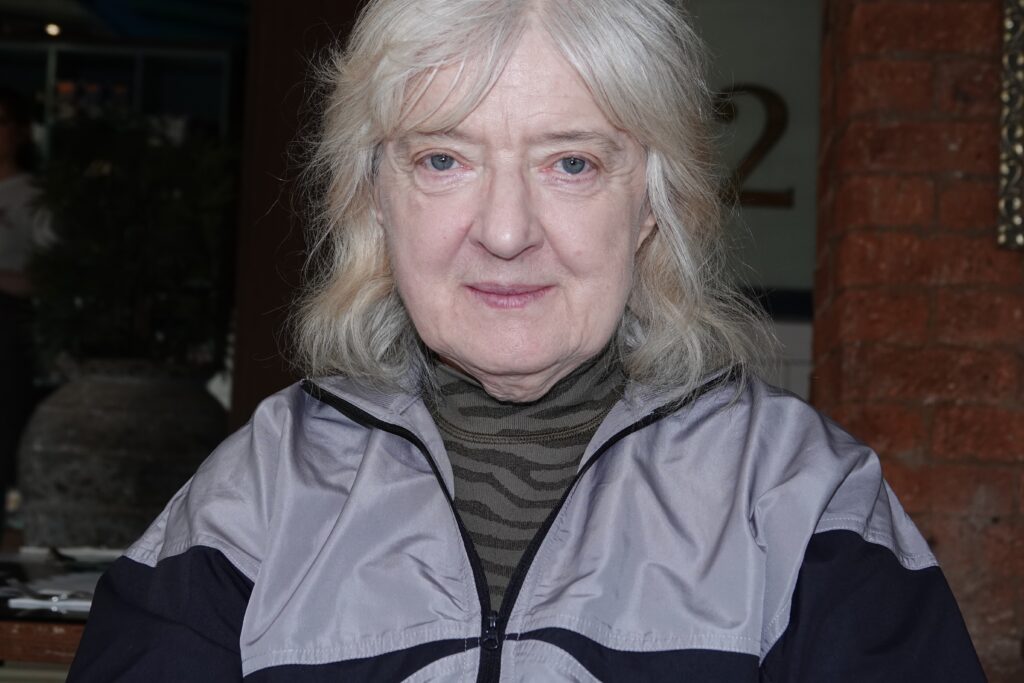

Ulrike Bingel, a neurologist and Professor of Clinical Neuroscience heads the Interdisciplinary Center for Pain Medicine and Translational Pain Research at University Medicine Essen. Her interdisciplinary research group focuses on the interactions between pain and cognition. Her research addresses the CNS mechanisms underlying nociception, pain, and pain modulation in health and disease using scientific methods that range from pharmacological MRI to clinical studies. Translation to treatment inspires her work on placebo and nocebo effects and their contribution to health and treatment outcomes. As speaker of the collaborative research center “Treatment Expectations“, funded by the German Research Foundation and Vice Dean for Research at the Medical Faculty, she is dedicated to fostering national and international collaboration, building support structures for the next generation of scientists, and communicating scientific knowledge to patients and the public.
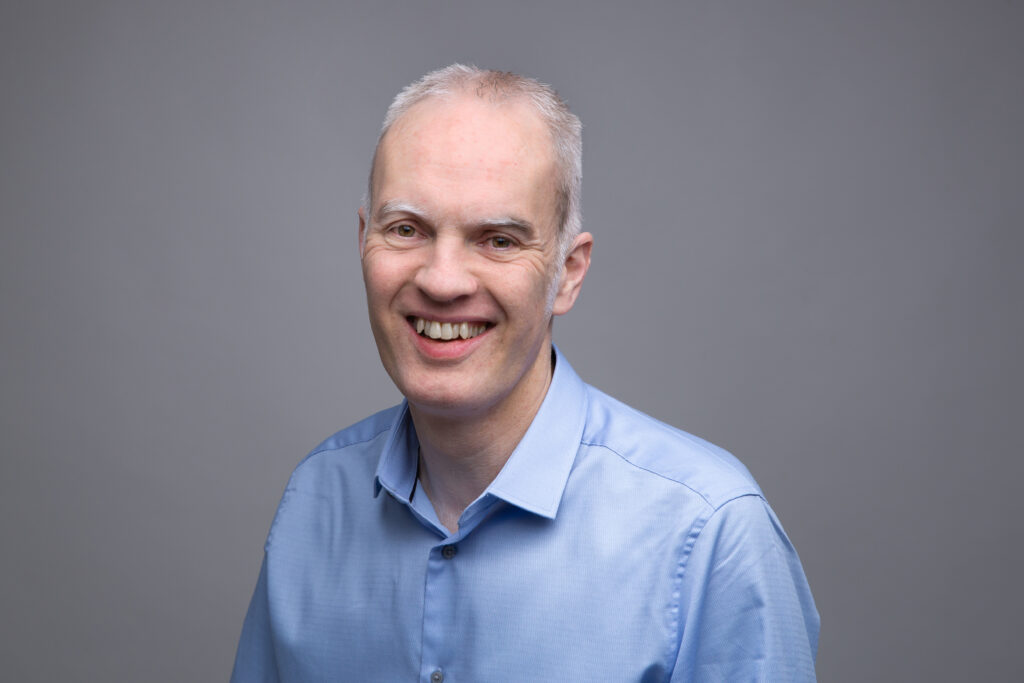

Dr. Michael Lührs is a postdoctoral researcher at Maastricht University’s Faculty of Psychology and Neuroscience and COO of Brain Innovation B.V. His research focuses on real-time functional magnetic resonance imaging (fMRI) neurofeedback, particularly in modulating functional connectivity between brain regions such as the dorsolateral prefrontal cortex and anterior cingulate cortex, with applications in anxiety and attentional control. He co-developed Turbo-Satori, a real-time neurofeedback toolbox for fNIRS and brain-computer interface applications. Dr. Lührs has contributed to over 70 publications, advancing the integration of neuroimaging tools in cognitive neuroscience

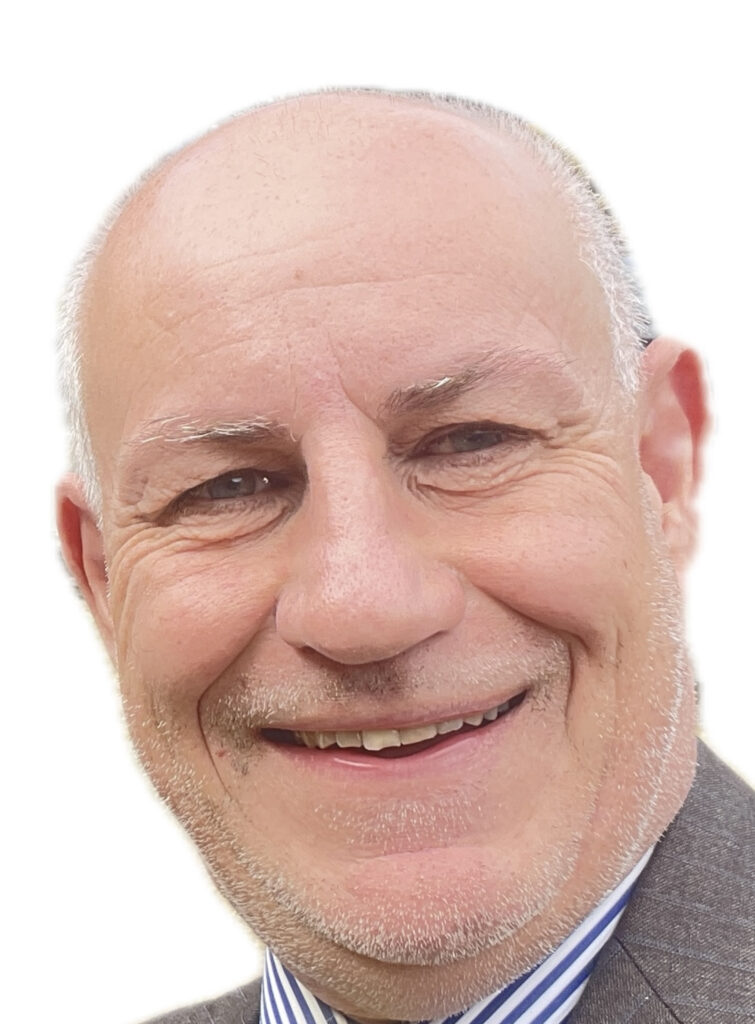
BrainTrain UK
Stuart Black BSc (Eng) MSc CEng MIET has a first degree in Electronics and Computer Systems from King’s College London and a Masters in Coaching & Development, based on the transpersonal psychology psychosynthesis, from Portsmouth Business School. He has 30 years experience leading innovation and change in technology and organisations, across military avionics, financial services and healthcare. After experiencing neurofeedback in 2007, he started BrainTrainUK in 2013, and now operates five clinics in the UK plus a home-based option. This demonstration will describe and characterise the range of neurofeedback modalities that have been developed; describe and demonstrate a contemporary modality in terms of how it is planned, explained and delivered, and provide plenty of time for questions.
Contact
For any queries, please do not hesitate to contact our research network coordinator – abigail.stuart@ndcn.ox.ac.uk
We look forward to welcoming you!
